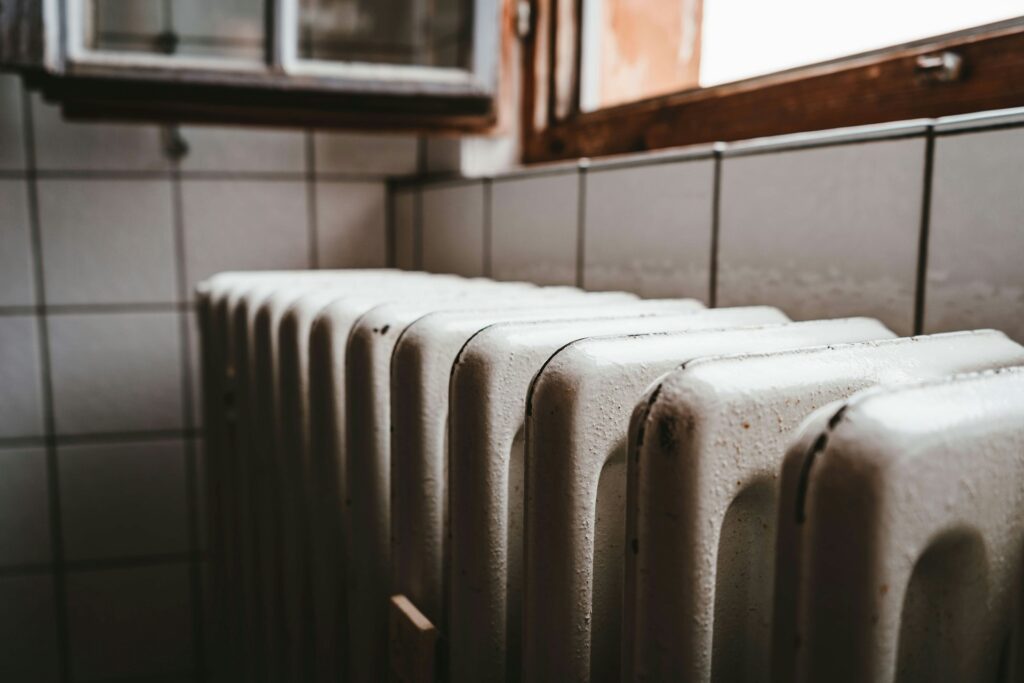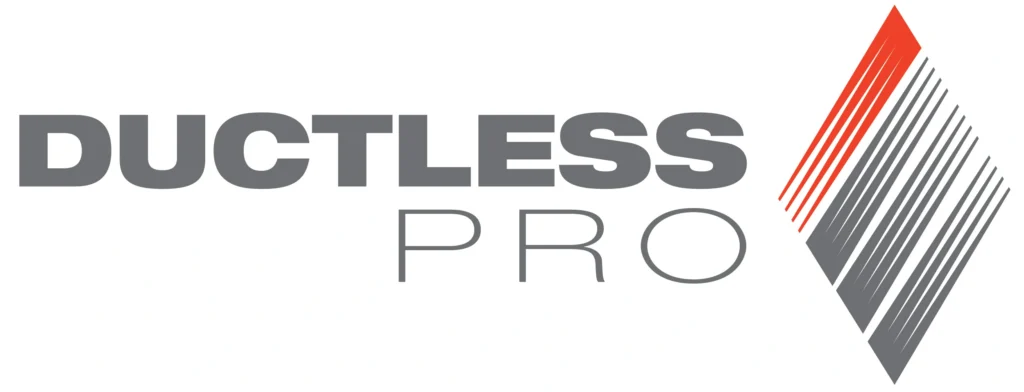Knowing when to replace your heater can seem like a daunting decision. However, recognizing the signs of a failing heating system can help you make a more informed choice. Making timely decisions regarding heater replacement ensures your home stays comfortable and safe.
Signs Your Heater Is Failing
Identifying the early signs of a failing heater can save you from unexpected breakdowns and expensive repairs. Here are some common indications that your heater might be on its last legs.
Uneven Heating Throughout the Home
One of the first signs of a failing heater is uneven heating in your home. You might notice that some rooms are much warmer than others, or some areas might remain cold despite adjusting the thermostat. This inconsistency indicates that your heater is struggling to distribute heat evenly.
Our technicians can assess whether the issue is due to your heater or other factors, such as ductwork problems. However, if your heater is the root cause, it might be time to consider a replacement to ensure consistent warmth throughout your home.
Frequent Repairs and Rising Maintenance Costs
Another sign that it’s time for a heater replacement is the frequency of repairs. If you find yourself constantly calling for furnace repair and dealing with escalating maintenance costs, your heater may be nearing the end of its useful life.
Constant repairs not only drain your wallet but also signal that the system is becoming less reliable. Investing in a new heater can ultimately save you money by reducing repair costs and improving efficiency. Our professionals can help you determine if a replacement is the best option for your situation.
Age of Your Heating System
The age of your heating system is a significant factor in deciding whether it’s time for a replacement. Older heaters tend to be less efficient and more prone to issues.
Typical Lifespan of Heaters
Heaters, including furnaces and heat pumps, have a typical lifespan. Most systems last around 15-20 years, but this can vary based on usage, maintenance, and the type of heater. If your heater is approaching or has surpassed this age range, it’s wise to start considering a replacement.
Older systems not only become less efficient but also pose more risks of breakdowns, which can leave you without heat when you need it most. Our technicians can evaluate the condition of your aged heater and recommend the best course of action.
Advancements in Modern Heating Technology
Modern heating systems have advanced significantly in the past few decades. Newer models are much more energy-efficient and come with enhanced features that improve comfort and safety.
Upgrading to a modern heater can provide benefits like better temperature control, quieter operation, and advanced safety mechanisms. Our professionals at Woods Family Heating and Air can guide you through the latest options available and help you find a system that meets your home’s needs.
Energy Efficiency and Utility Bills
Recognizing changes in energy efficiency and utility bills can indicate it’s time for a heater replacement. Addressing these problems promptly can lead to improved home comfort and cost savings.
Increasing Energy Bills
One of the most telling signs that your heater might be failing is a steady increase in your energy bills. If you notice that your heating costs are rising without a corresponding increase in usage, your system may be losing efficiency. An aging heater often requires more energy to achieve the same level of heating that it previously provided with less effort.
Reviewing your energy bills over time can help you spot this trend. If you find yourself paying significantly more each month, it might be time to consult with our professionals about a heater replacement. A new, energy-efficient heater can cut down on energy consumption and offer substantial savings in the long run.
Decreased Efficiency and Performance
Alongside increased energy bills, a decrease in your heater’s performance is another clear indicator. If your heater is running longer cycles and still not achieving the desired temperature, it is likely losing its efficiency. This means the system is straining to heat your home and using more energy in the process.
Our technicians can perform an efficiency check and help you decide if a more efficient model could benefit you. Modern heaters often incorporate advanced technologies that deliver better performance and cost-effectiveness, making them a smart investment for your home.
Safety Concerns and Reliability
Ensuring that your heater is safe and reliable is essential for maintaining a comfortable and secure home environment. Pay attention to warning signs that could indicate safety and reliability issues.
Strange Noises and Smells
Unusual noises or smells coming from your heater are red flags that should not be ignored. If you hear rattling, banging, or grinding noises, it may indicate that internal components are failing. Similarly, strange smells, such as a burning odor, can signify problems like overheating or electrical issues.
These issues are not just nuisances—they can point to potentially dangerous conditions that need to be addressed immediately. Our professionals can diagnose the source of these problems and recommend whether repairs are possible or if a replacement is the safer option.
Carbon Monoxide Risks and Safety Features
Older heaters may pose a risk of carbon monoxide leaks, which can be extremely dangerous. Carbon monoxide is a colorless, odorless gas that can cause serious health issues and even be fatal in high concentrations. If your heater is old and lacks modern safety features, it increases the risk of such hazards.
Upgrading to a new heater with advanced safety features, such as carbon monoxide detectors and automatic shut-off mechanisms, can provide peace of mind and enhance your home’s safety. Our technicians can install these modern systems, ensuring your home is both comfortable and safe.
Conclusion
Deciding when to replace your heater requires careful consideration of various factors, including signs of failure, the system’s age, energy efficiency, and safety concerns. Addressing these factors in a timely manner can help you avoid unexpected breakdowns, reduce energy bills, and ensure a safe living environment. By understanding these key indicators, you can make an informed decision about when to invest in a new heating system.
If you’re experiencing any of these signs or have concerns about your current heating system, contact Woods Family Heating and Air. Our experienced technicians are ready to assist you with your heating replacement in Roanoke. Contact us today to schedule a consultation!






